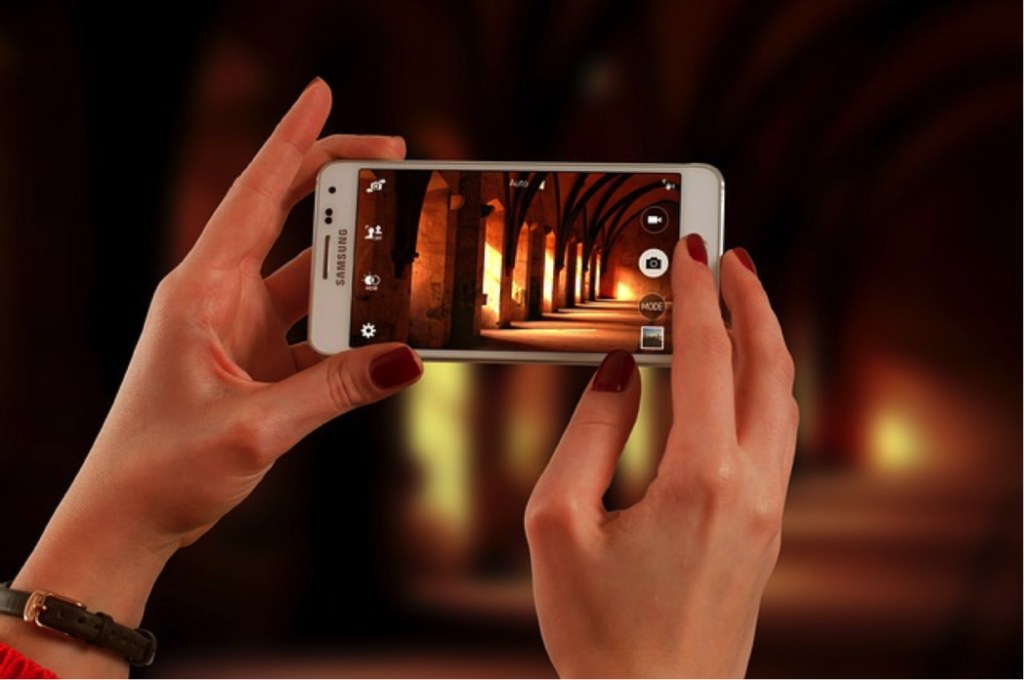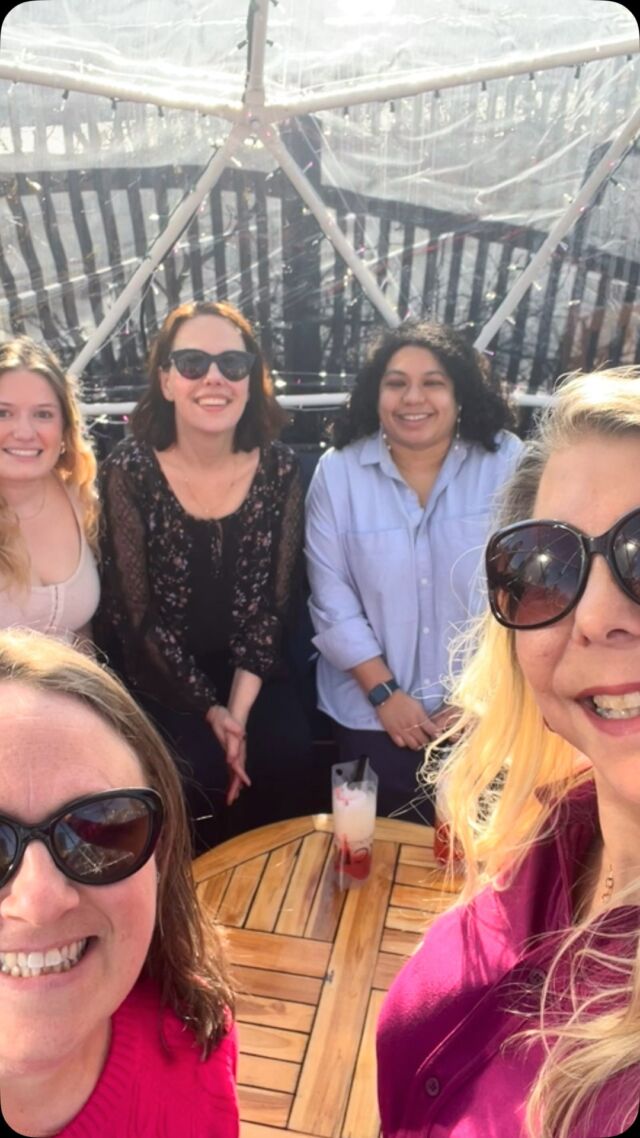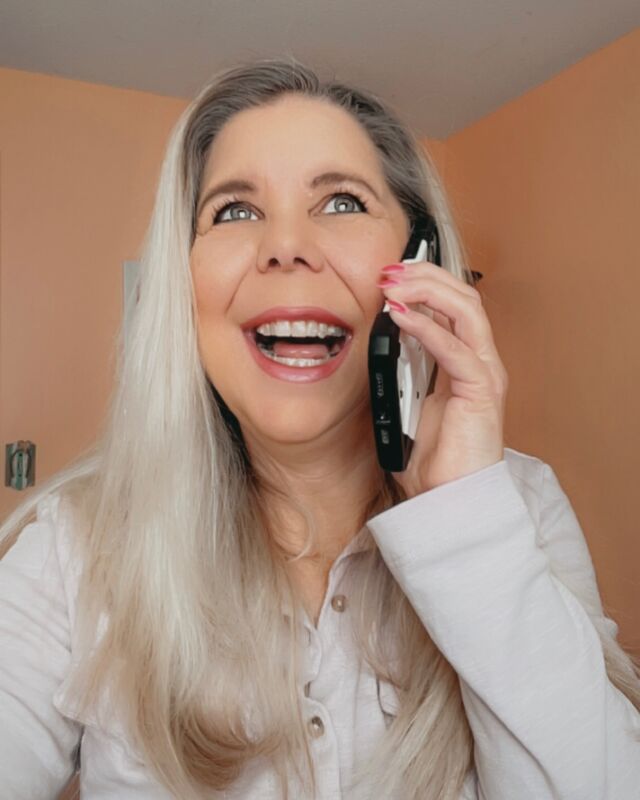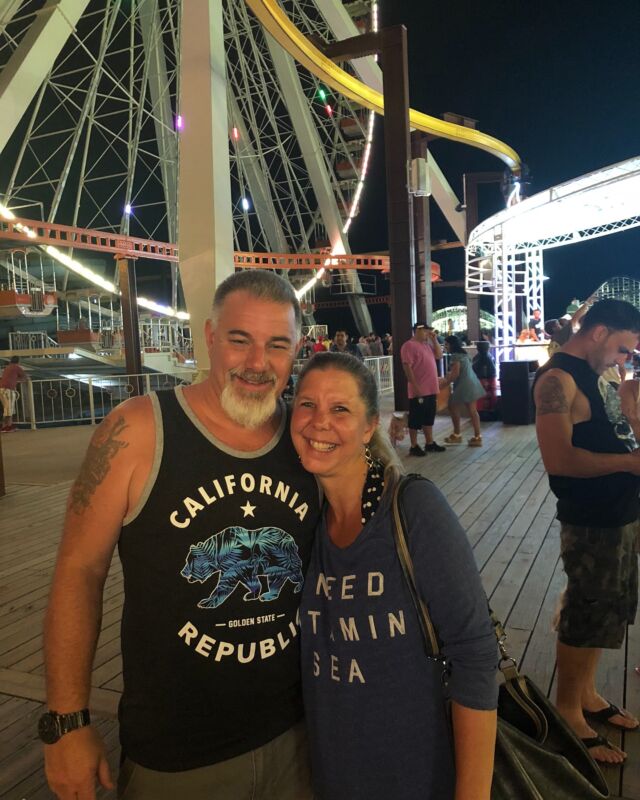It may seem like a thousand years ago, but it’s really only a decade or so ago. You would go on holiday, and you wouldn’t really talk to anyone at home. It would be a brief respite from friends and family, as well as the everyday activities bogging you down. You took photographs – that you may or may not remember to get developed – and sometimes showed them to house visitors. You kept them in an album, with a few taking pride of place on shelves in decorative frames.
It was a simpler time.
Now, our holiday memories are captured and shared in seconds. We don’t need to hand over a heavy bound album to any stray guest in our home and watch them leaf through it. We publish the photographs on social networks, notably Instagram, and count the likes we get. Occasionally a lack of data might mean relegating things to #latergram, but we’re usually only a day or so behind.

It’s a natural human impulse to what to share the things we have done, especially if those are unusual such as holiday destinations. With smartphone cameras far exceeding the quality of some digital cameras, it’s easy to feel you can record every moment of your vacation. Taking pictures is easy; sharing them is easier still. Your friends and family have the option of skipping past the photos and you never even need to know how bored they were of the hundredth sunset. Everybody wins, right?
Perhaps. No one is denying there is a massive upside to being able to photograph and share with such abundance. But something happens to us when we switch our role from visitor to photographer.
People have often wondered why those in the midst of a natural disaster continue to film them – should they not be focused on staying safe? Anyone who has ever been in that situation will explain the comfort that comes from continuing to capture the moment by photograph or video. It offers them a distraction; sets them aside; makes them the observer rather than the person experiencing it. It’s comforting.
In those circumstances, detaching is a massive upside. It lets you think clearly and see things objectively, and doesn’t give you the full emotional impact of being in the moment. But are holidays really something you don’t want to be immersed in? If you’re on your own luxury private island or exploring the sites of an ancient city, shouldn’t you want to absorb them? By playing the role of photographer constantly, you can step outside of the moment in a damaging way.

The point of going abroad, seeing and experiencing new things is to actually do that. No one is claiming that you shouldn’t take photographs and that you shouldn’t share them, but at times, put the camera away. This is especially true if you’re snapping shots of things already much-photographed. Photograph the small things you might otherwise forget, but leave the panoramas to the pros. Otherwise, you might find yourself looking back on pictures and finding those are the only memories you really have.







I really believe that an obession taking photos will damage our holiday. Well, going on a holiday means to relax or have fun with family or friends. Of course, we do need take some pics to create memories but it’s not necessary to always take photos, especially with a pro camera. It will annoy the other people and the vacation may ruin! We should avoid that!
Of course, taking photos is a part of every trips but I’m not kind of person who look things through the camera instead of my own eyes. I mean, I prefer spending time enjoying the trips rather than taking hundred of pics. Thanks for sharing.
I always find that selfie is an essential part of every trip. As a tourist, I prefer capturing not only the scenery, but also myself in each photo. However, spend every single moment to take a selfie is not my cup of tea. It makes us miss many interesting surroundings.